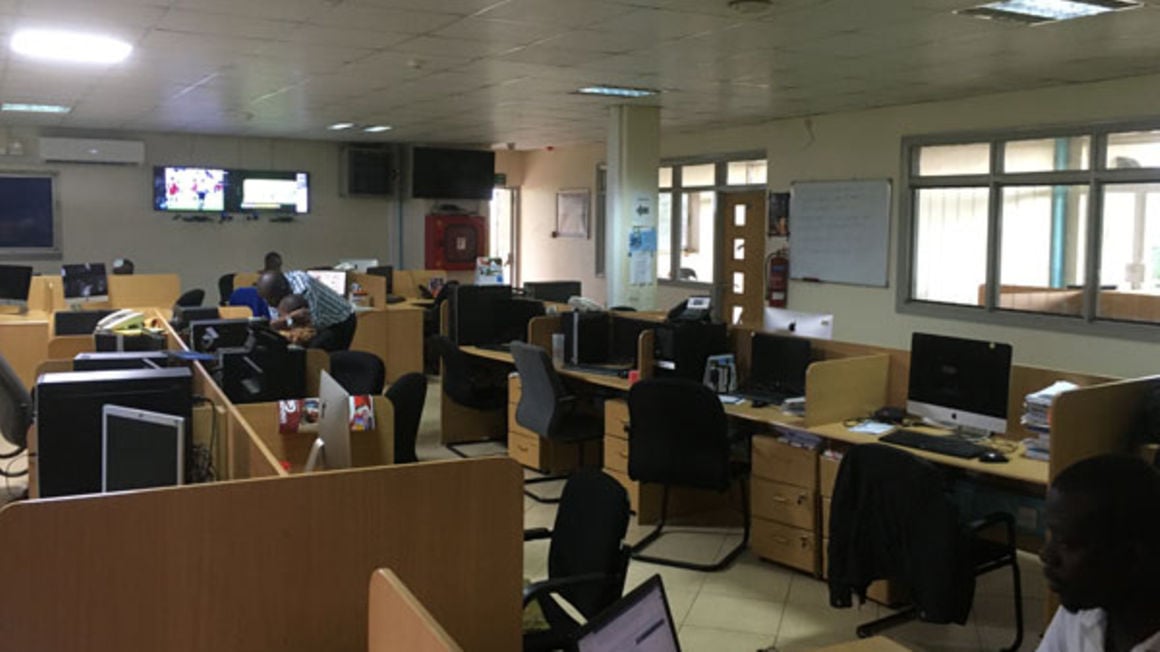Office occupancy rates fall in first half of 2021

Office occupancy has declined due to an increase in supply amid subdued demand. PHOTO | FILE
What you need to know:
- A number of vacancies have been reported yet there has been massive additions and on going constructions, which are expected to add more office space with the next 20 months.
Office occupancy in high end Kampala registered a 3 per cent decline in the first half of 2021, according to a new report by Knight Frank.
The drop was also consistent in other office categories including upper Grade A and lower Grade AB, which declined from 84 in the same period in 2020 to 81 per cent.
The details are contained in the Kampala Real Estate Market Performance Review, in which the declaim is attributed to downsizing of space requirements, relocation, increase in supply of prime office space and working from home.
The review indicates that in the first half of 2021 at least 6,000 square metres of lettable office space were added on the market and it is expected to increase further to about 130,000 square metres within the next 24 to 34 month with a number of project additions including Pension Towers, Twed Heights, IGG Building, NDA Laboratory and the Pearl Business Park, among others.
The projects include between 1,500 and 5,000 square metres of owner-occupancy while the rest are for investment purposes. They will mostly be concentrated in Nakasero, Kololo and Bugolobi.
“Vacancies were registered for lower grade offices, especially where tenants opted to relocate and upgrade to newer or more modern office buildings and in some cases owner-occupied premises,” the report reads in part, noting that the first quarter of 2021 had started off slower compared to the same period in 2020.
During the period, however, the report notes, office rent remained relatively stable with Grade A office space registering a 3 per cent reduction compared to the same period in 2020.
However, general market sentiment indicate that landlords continued to face increasing requests for rent reductions but many did not materialise.
Knight Frank also noted that prime office rent is exacted to remain stable as a number of landlords struggle to maintain occupancy levels due to relocations and downsizing.
The review also reported increased activity in the residential property market, recording a 6 per cent increase in supply of prime apartments in Kololo, Bukoto and Naguru.
The increase, however, was against low demand, forcing landlords to offer discounts in order to remain competitive in a market that is expected to add at least another 161 apartment units in the next 18 months.
During the period, the report notes, there was an increase in requirements of home offices in residential properties, mainly due to lockdowns that have necessitated working from home.
The report also notes that there was a slowdown in acquisition and lettings in the time leading to the elections as a number of expatriates chose to leave the country until completion of the electoral process.
However, the increasing number of expatriate returnees is expected to lift the numbers even as Covid-19 has created disruptions amid government’s failure to roll out a widely known and continuous vaccination programme.
Increased demand for showrooms
During the first half of 2021, the real estate industry registered an increase in demand for showroom and industrial spaces within the city centre with most demand coming from furniture traders, agriculture-based firms, food and beverages and automotive affiliated companies.
The demand was mainly from companies seeking proximity to clients, those seeking to diversify into other businesses, with a noticeable relocation of large industrial firms out of industrial areas within Kampala such as Luzira, Ntinda and Namanve.




